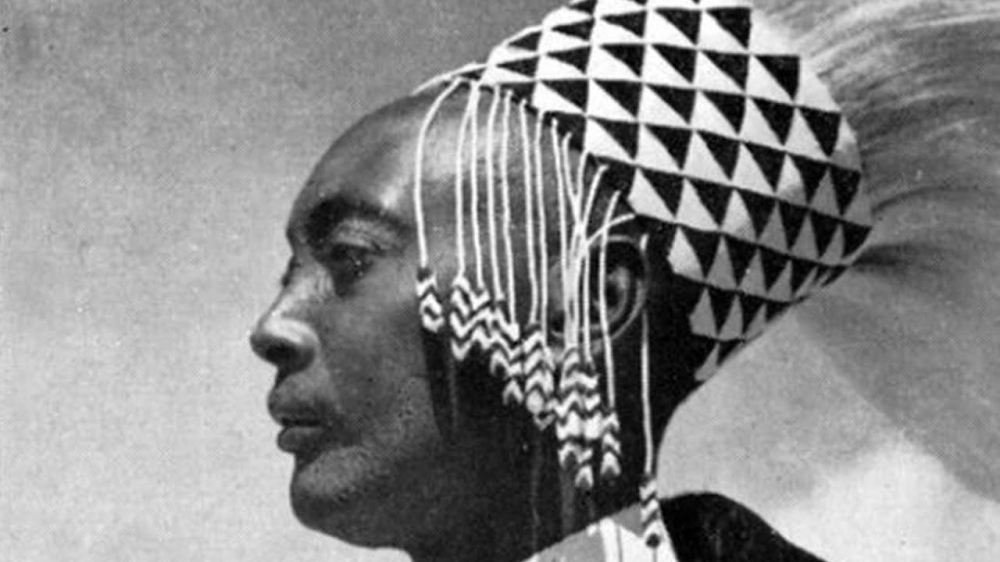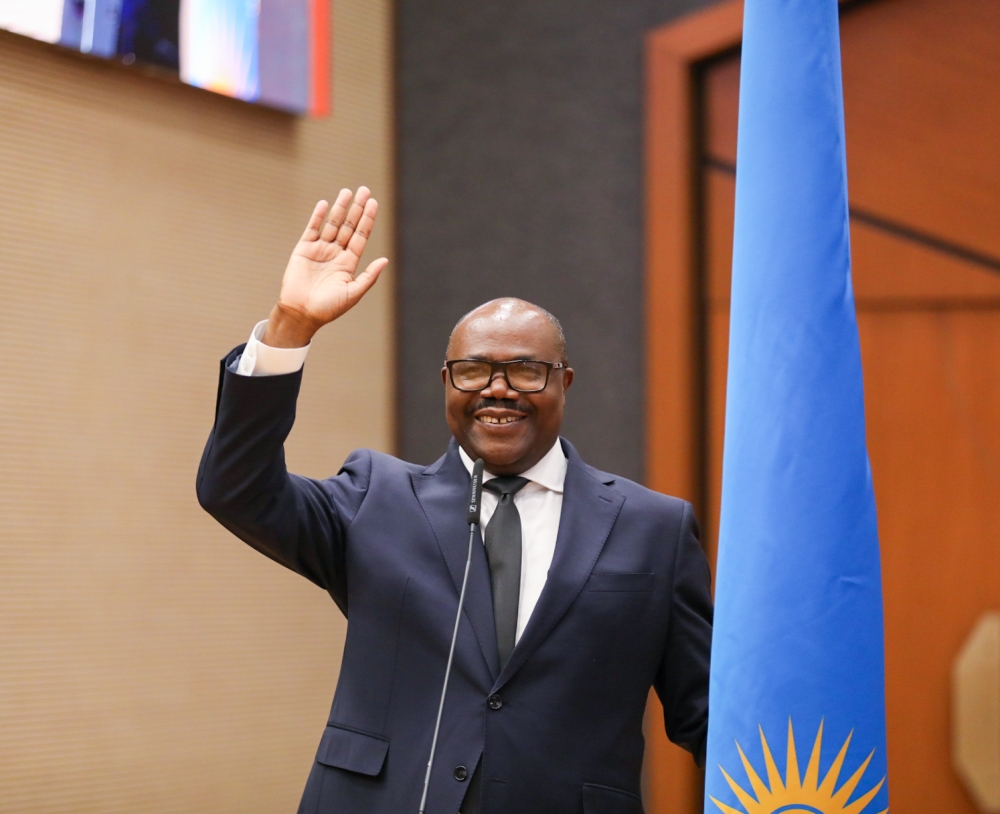ERITREA has reduced its support for the al Qaeda-allied al Shabaab militant group in Somalia under international pressure, but still violates U.N. Security Council resolutions and remains a destabilising influence, a U.N. report says.


ERITREA has reduced its support for the al Qaeda-allied al Shabaab militant group in Somalia under international pressure, but still violates U.N. Security Council resolutions and remains a destabilising influence, a U.N. report says.The U.N. Monitoring Group on Somalia and Eritrea, which investigates violations of an arms embargo on both nations, said in a report to the Council, seen by Reuters, that it had found no evidence of direct Eritrean support for al Shabaab in the last year.The Council imposed the embargo on the tiny east African state of Eritrea in 2009 over concerns its government was providing finance and weapons to al Shabaab - charges Asmara denied. The Monitoring Group now says that support has evaporated.This was "a symptom of growing friction between the authorities in Asmara and al Shabaab’s leadership” as well as the "result of enhanced international scrutiny, which has made direct support ... a much riskier undertaking than in the past”, said the report, which is scheduled to be published this week."Although it is possible that the Eritrean authorities have continued to provide financial and other forms of assistance to (Somali) armed opposition groups, without their activities being detected, it is the Monitoring Group’s assessment that any such assistance is negligible,” the report said.Instead, the panel presented evidence that Asmara deployed Ethiopian rebel groups via Somalia, sold weapons to smuggling rings in Sudan that do business with Palestinian arms dealers, and imported spare parts for its air force.The report also alleged that ethnic Afar rebels responsible for the killing of five European tourists in eastern Ethiopia in January were hosted and trained in Eritrea, though there was no evidence the Red Sea state had a direct role in the killings.It said the escape last year of Djiboutian prisoners of war held in Eritrea proved Asmara had violated a U.N. resolution calling on it to disclose information on their whereabouts after their capture following a border clash in 2008.






